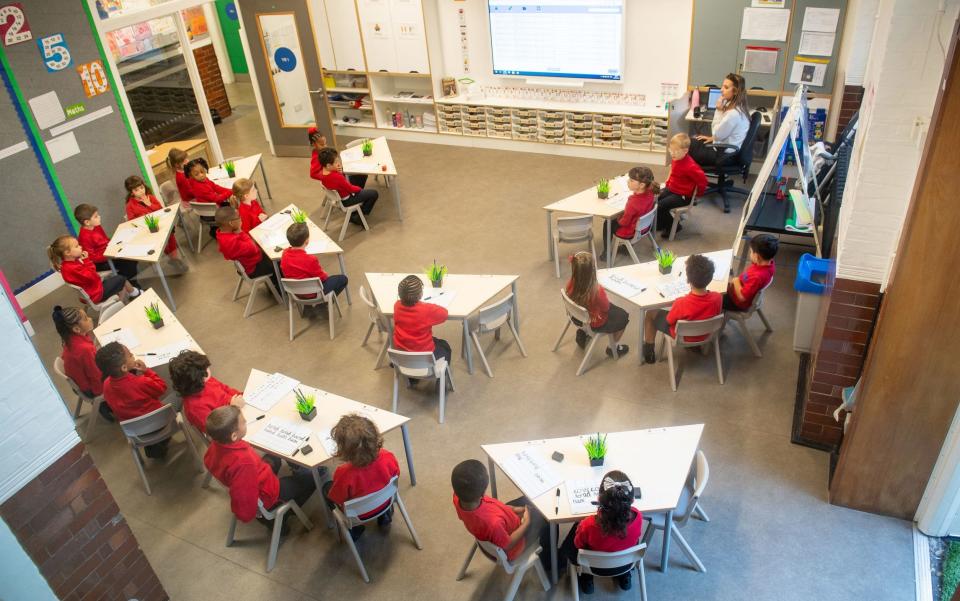Family stability is 'million dollar question' when it comes to white working class pupils success, MPs told

White working class children may be performing worse in school compared to their Indian counterparts as they have lower marriage rates, MPs have been told.
The Education Select Committee heard evidence from charities, think-tanks and youth organisations as part of its inquiry into the educational outcomes for white working class students.
Tuesday's evidence session focused on the role of the home environment and its impact on children’s attainment.
Edward Davies, director of policy at the think-tank Centre for Social Justice (CSJ), told MPs that the issue of family was the “million dollar question” which is often overlooked.
“Whether it’s criminal justice, mental health, homelessness, all the statistics show that family is the big factor and that it is very rarely talked about,” he said.
“The reason it's rarely talked about is that it's immediately personal and sensitive.”
But family breakdown is “pretty much the leading cause of educational failure,” he said.

He added that a CSJ survey of 5,000 people found children who experienced family breakdown were “twice as likely” to fail at school.
“Stability of the home in our poorest communities is collapsing and we are seeing it every day in our schools and expecting teachers to solve what is not within their power,” he said.
He later added: “I am going to keep banging the family stability drum because, for example, in Indian families even Indian kids on free school meals do better than average, because they have by far the highest rates of marriage.”
Family stability has been declining since the mid-1970s, he said, adding that although more data was needed on the issue: “We do have perfectly good evidence that it has an enormous impact on education”.
Robert Halfon MP, Committee Chair, asked the witnesses whether there was an “ingrained attitude” of disregarding education across generations of white working class groups.
Suzanne Wilson, Research Fellow in Social Inclusion and Community Development, University of Central Lancashire, said making such “assumptions” was “short sighted” and would only “build up barriers” between parents and schools.

